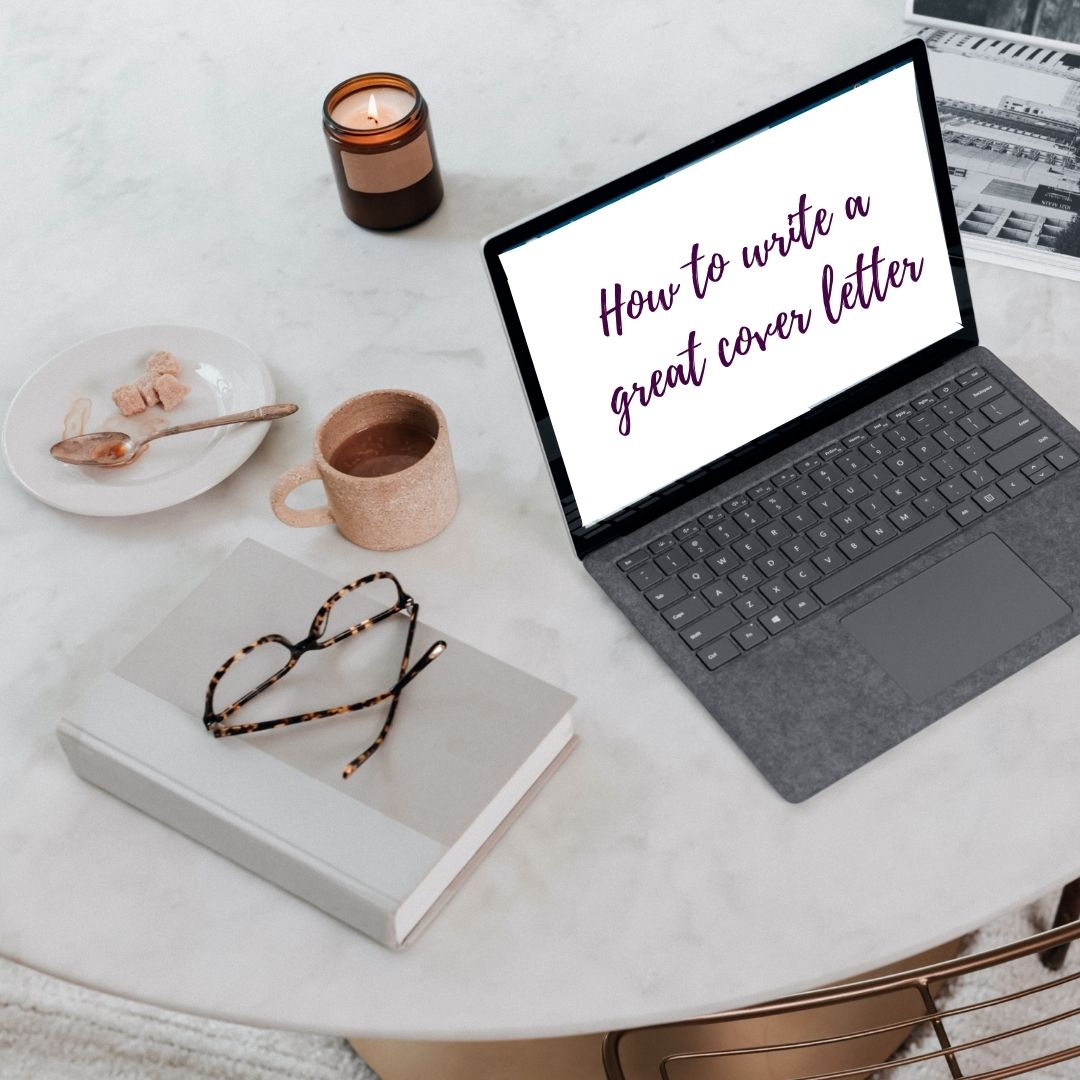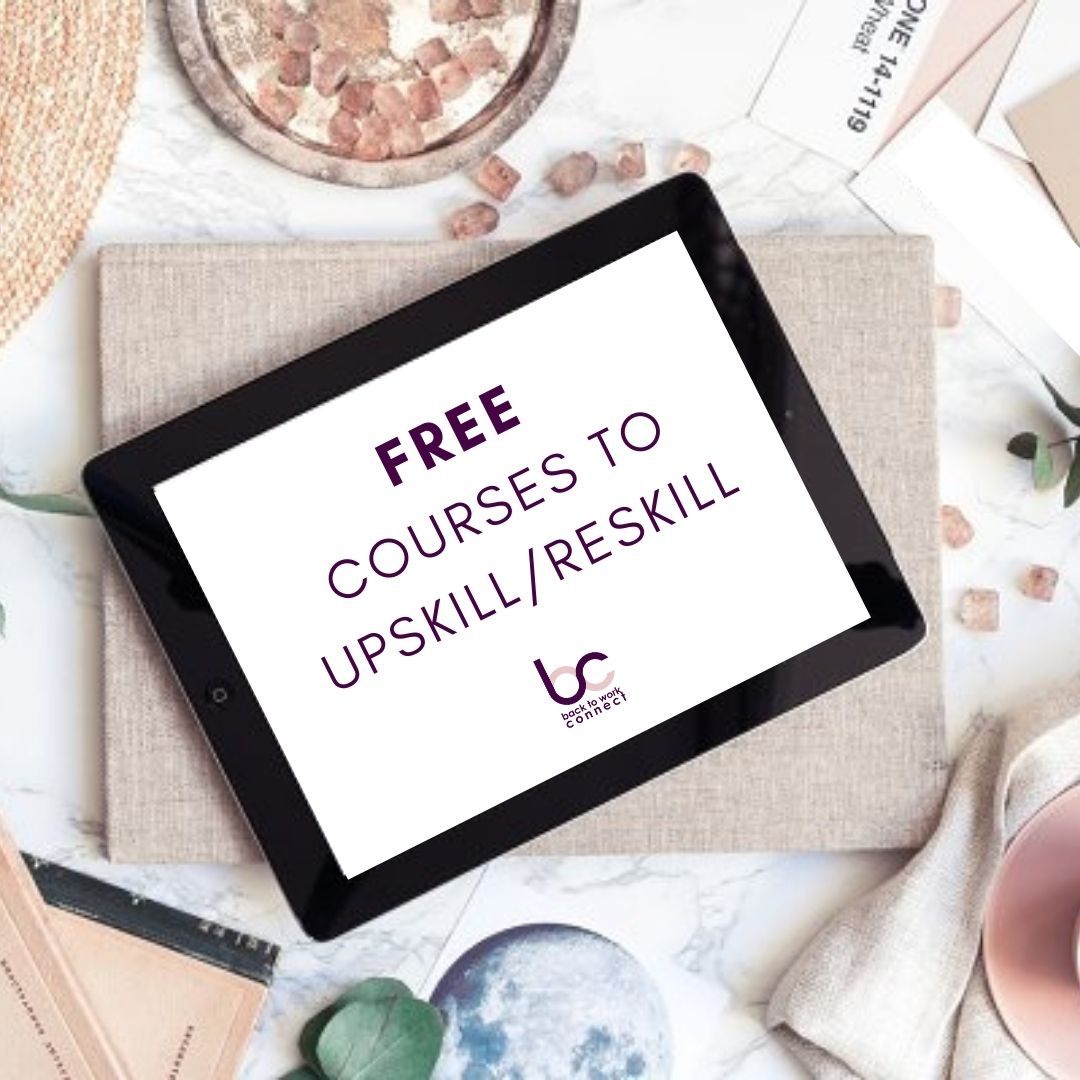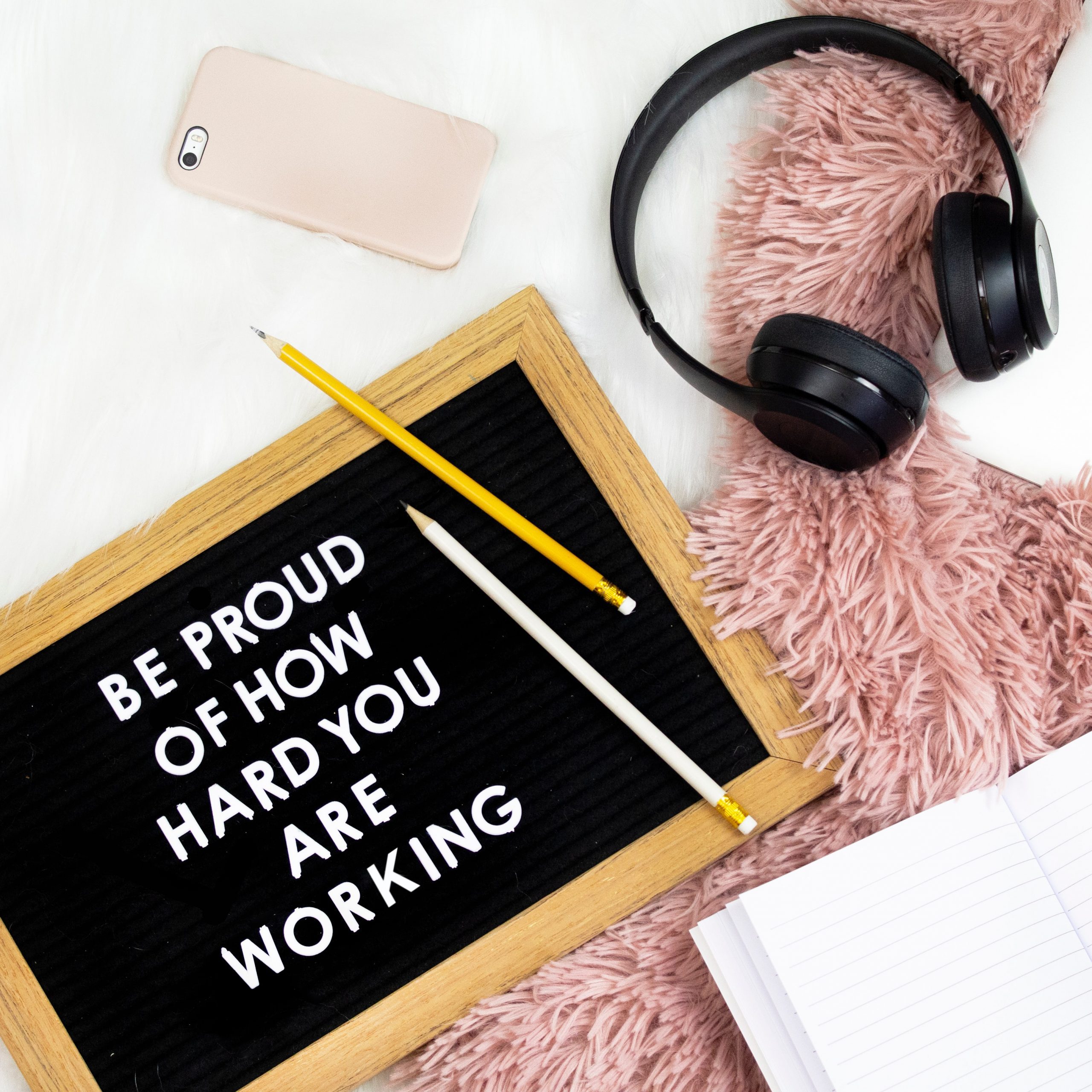So you have a killer CV that you’re very proud of and you see a job you’d love to apply for and it’s full steam ahead… until you realise that they are also looking for a cover letter….and your enthusiasm grinds to a halt.
Where should you start? And what should you include? (or indeed exclude, as the case may be).
If you take nothing else away from this blog, please take this:
Your cover letter should be more than “please find attached my CV” but should definitely be less than an entire regurgitation of your CV.
Here are my tips for how to prepare your cover letter, and what to look out for:
- Visually it should be attractive. Make it the same style and format as your CV (font, font size, line spacing etc)
- If you can, keep it to one page and have it nicely spaced out and readable
- Always send it as a separate document, saved as a PDF and never in the body of an email.
- If printed, it should be on good quality paper, as should your CV, and personally signed.
- Don’t forget to include a heading referencing the job you are applying for, and a job reference if relevant. I have heard recruiters and HR professionals say that it is extremely irritating to receive letters with no reference, as they must spend time trying to match up the application to the advertisement. Help them stay happy by making it clear what position you are applying for. You don’t want it going in the shredder for that reason!
- If possible, find out the name of the person to whom it should be addressed and address it personally (much better than “Dear Sir/Madam” and definitely should NEVER be “To whom it may concern”)
- Sign it with “Yours sincerely”
What to write about:
I suggest 3 main parts:
INTRO
You should refer to the advertisement, where you saw it and attach your CV or application form.
BODY
A paragraph or two (or alternatively in bullet points) highlighting specifics on what you can bring to the role and pointing them to where to read more in your CV. The cover letter should peak the reader’s interest and make them want to read the attached CV. Showcase your strengths. Connect yourself to the role here and show where you match what they are looking for and can add value.
OUTRO
Say that you are interested in the role! Give your contact details and invite them to contact you. Thank them for taking the time to consider your application.
Stand out details
You can add to your letter something that you found of interest about this company, something topical or something about them that is attractive to you. This shows that this is not a standard, boiler-plate application and shows that you have done some research about the company.
For example:
- “I was interested to see that you have recently merged with X company and I am excited to see what plans you have in the near future”
- Or exhibit your passion or excitement for the role or the company “I am passionate about helping those who are vulnerable in society” OR “I have always admired your company and in particular its commitment to XYZ”
What to avoid
- Grammar mistakes and spelling mistakes. Do a spell and grammar check. Print the letter and read it aloud. Put it away for a time and come back and proofread it later, or give it to someone else to read.
- If addressing it to a particular individual, PLEASE make sure to spell their name correctly. My name is spelt with 2 L’s and often people spell it with one. No big deal to me, but if you are applying for a job it goes towards your accuracy and attention to detail and it might get under some someone’s skin!
Your cover letter should give a flavour of who you are and what you can bring. It can make the difference between your CV being considered or not. Make sure it looks and reads professionally, no matter what level of job you are applying for and entices the reader to find out some more about you.
Collette Bryson holds a Diploma in Life and Executive Coaching from Positive Success Group and a Certificate in Career Coaching from Irish Lifecoach Institute. She came to coaching following a career in general legal practice spanning 20 years where she covered a wide variety of practice areas. She is also a qualified mediator.




